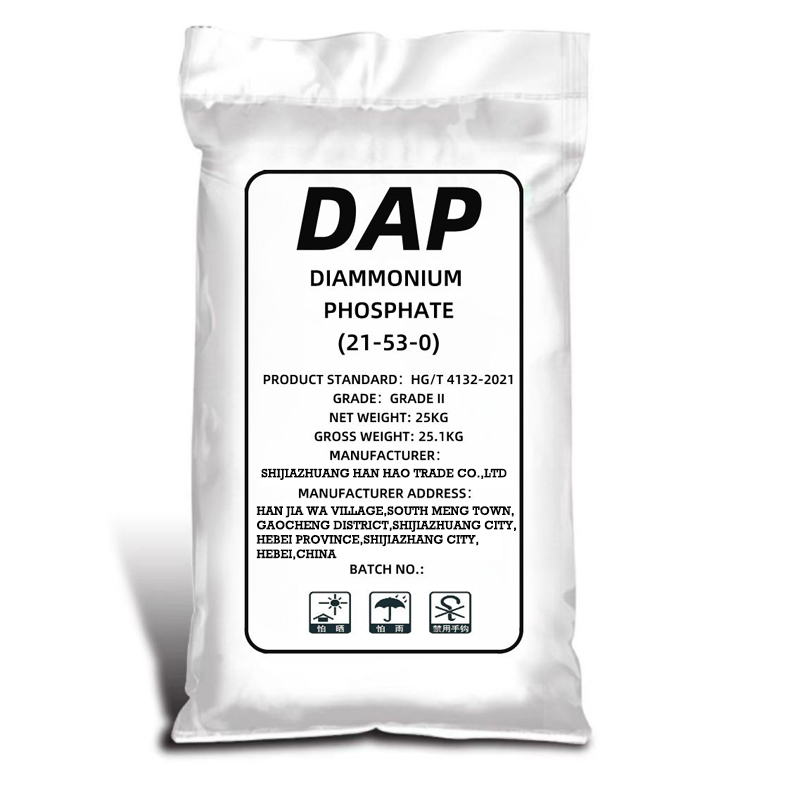
Nov . 24, 2024 17:39 Back to list
sulphate of ammonia for plants
The Role of Ammonium Sulphate in Plant Nutrition
Ammonium sulphate, a commonly used fertilizer, plays a crucial role in enhancing plant growth and productivity
. It is a chemical compound with the formula (NH4)2SO4, which provides both nitrogen and sulfur, two essential nutrients for plants.Nitrogen is vital for plant growth as it is a key component of amino acids, proteins, and enzymes. It contributes to the lush green color of plants, indicating healthy foliage. Plants require nitrogen primarily in the ammonium form, which is readily available in ammonium sulphate. This nitrogen source supports vigorous vegetative growth, promotes leaf development, and helps in the production of chlorophyll, thereby optimizing photosynthesis.
Sulfur, on the other hand, is an often-overlooked nutrient; however, it plays an equally important role in plant health. It is essential for the synthesis of amino acids, proteins, and vitamins. Sulfur also aids in the formation of chlorophyll and is involved in various metabolic processes. Plants deficient in sulfur may exhibit stunted growth, yellowing leaves, and diminished crop yields. By incorporating ammonium sulphate into soil, gardeners and farmers can effectively address sulfur deficiencies, ensuring optimal plant growth.
sulphate of ammonia for plants

One of the significant advantages of using ammonium sulphate as a fertilizer is its high solubility in water, allowing for quick uptake by plants. This fast-acting nature makes it ideal for a variety of crops across different growing conditions. Whether applied as a top-dressing or mixed with the soil before planting, ammonium sulphate can significantly enhance soil fertility and promote healthy plant development.
Additionally, ammonium sulphate has a unique advantage over other nitrogen fertilizers. Its application can help reduce soil pH, making it particularly beneficial in alkaline soils. By lowering the pH, ammonium sulphate can create a more favorable environment for nutrient uptake, improving overall soil health and fertility.
However, it’s essential to use ammonium sulphate judiciously. Over-application can lead to nutrient leaching and potential environmental issues, such as water pollution. It is essential for growers to conduct soil tests to determine nutrient needs accurately and avoid excessive use.
In conclusion, ammonium sulphate is a powerful and effective tool for enhancing plant nutrition. By supplying both nitrogen and sulfur, it supports robust growth, enhances metabolic functions, and leads to healthier crops. With responsible use, ammonium sulphate can be a key component in sustainable agricultural practices, fostering productivity and yields that benefit both farmers and consumers alike.
-
10 10 10 Fertilizer Organic—Balanced NPK for All Plants
NewsJul.30,2025
-
Premium 10 10 10 Fertilizer Organic for Balanced Plant Growth
NewsJul.29,2025
-
Premium 10 10 10 Fertilizer Organic for Balanced Plant Growth
NewsJul.29,2025
-
Premium 10 10 10 Fertilizer Organic for Balanced Plant Growth
NewsJul.29,2025
-
50 Pound Bags of 13-13-13 Fertilizer for All Plants – Bulk & Organic Options
NewsJul.28,2025
-
High-Efficiency 15-30-15 Granular Fertilizer for Healthy Crops
NewsJul.28,2025
